Search
Did you mean: Assur?
Remove Ads
Advertisement
Summary 
Loading AI-generated summary based on World History Encyclopedia articles ...
Search Results
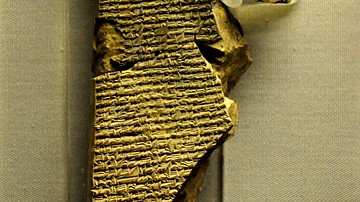
Article
Enuma Elish - The Babylonian Epic of Creation - Full Text
The Enuma Elish (also known as The Seven Tablets of Creation) is the Babylonian creation myth whose title is derived from the opening lines of the piece, "When on High". The myth tells the story of the great god Marduk's victory over the...
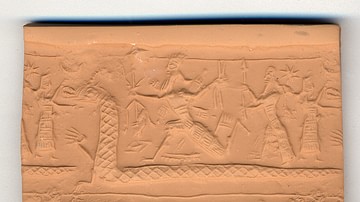
Definition
Tiamat
Tiamat is the Mesopotamian goddess associated with primordial chaos and the salt sea best known from the Babylonian epic Enuma Elish. In all versions of the myth, following the original, Tiamat always symbolizes the forces of chaos, which...

Definition
Mesopotamian Religion
Mesopotamian religion was central to the people's lives. Humans were created as co-laborers with their gods to hold off the forces of chaos and to keep the world running smoothly. As in ancient Egypt, the gods were honored daily for providing...
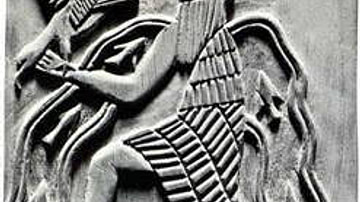
Definition
Enki
Enki (also known as Ea, Enkig, Nudimmud, Ninsiku, Nissiku) was the Sumerian god of wisdom, fresh water, intelligence, trickery and mischief, crafts, magic, exorcism, healing, creation, virility, fertility, and art. Iconography depicts him...
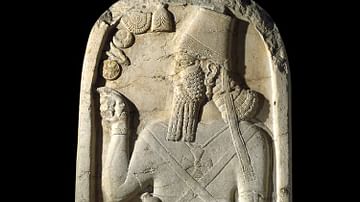
Definition
Anu
Anu (also known as An) is an early Mesopotamian sky god who was later viewed as the Father of the Gods and ruler of the heavens, a position which then passed to his son Enlil. He is the son of the couple Anshar and Kishar (heaven and earth...

Article
The Mesopotamian Pantheon
The gods of the Mesopotamian region were not uniform in name, power, provenance or status in the hierarchy. Mesopotamian culture varied from region to region and, because of this, Marduk should not be regarded as King of the Gods in the same...
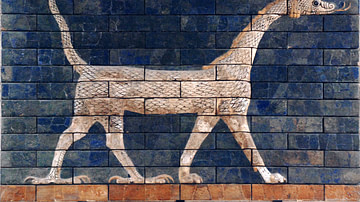
Definition
Marduk
Marduk was the patron god of Babylon who presided over justice, compassion, healing, regeneration, magic, and fairness, although he is also sometimes referenced as a storm god and agricultural deity. His temple, the famous ziggurat described...
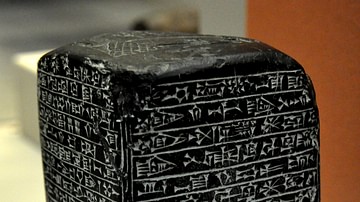
Article
The Marduk Prophecy
The Marduk Prophecy is an Assyrian document dating to between 713-612 BCE found in a building known as The House of the Exorcist adjacent to a temple in the city of Ashur. It relates the travels of the statue of the Babylonian god Marduk...
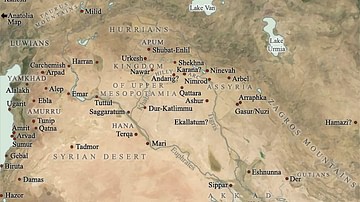
Article
Mesopotamia: The Rise of the Cities
Once upon a time, in the land known as Sumer, the people built a temple to their god who had conquered the forces of chaos and brought order to the world. They built this temple at a place called Eridu, which was “one of the most southerly...
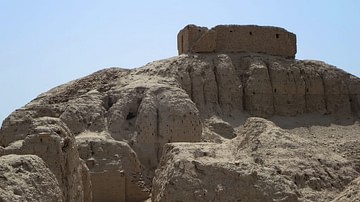
Definition
Enlil
Enlil (also known as Ellil and Nunamnir) was the Sumerian god of the air in the Mesopotamian Pantheon but was more powerful than any other elemental deities and eventually was worshiped as King of the Gods. He is featured in a number of important...